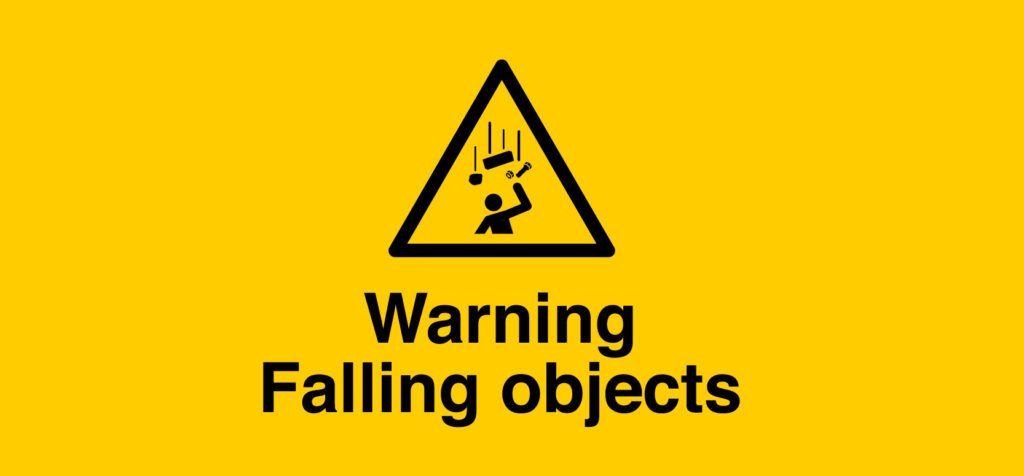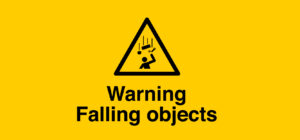
Fascinating stuff, ice. Did you know there is ice in space – and it’s very different to the ice here on earth? Also, did you know the ice that appears on your car windscreen overnight is called rime? And that engineers make floating piers near ice caps made of ice to unload cargo that can last up to 5 years?
Of all the elements that winter brings, ice has a strong claim to be the most powerful and dangerous. When water freezes, it grows by 9% in volume. When this happens in a confined area, ice can exert a lot of force on whatever is trying to contain it. The most common result is fractured or burst water pipes. Frozen water is very good at finding a weak spot in plumbing and pushing past.
It’s for this reason that ice can quickly turn a seemingly healthy sign into a dangerous deadweight which could seriously hurt your staff or customers. The strength of ice forces joints apart, while its low temperature can also cause shrinkage in seals and materials. Once it has compromised the integrity of a sign, ice will continue to weaken fixings until it eventually returns back to water. And then it has a second chance to ruin your sign. Soon it will suffer with shorting electrics, staining vinyls, rusting screws, corroding alloys and rotting wooden facades.
Don’t give ice a chance
So, before ice gets a chance to wreck your signage this winter, you should get it inspected. Any potential issues with sealing and surrounding flashing can be quickly repaired to keep your signs watertight. If vinyls or plywood materials are beginning to delaminate, they can be treated or replaced. And frames with loose joints repointed to stop water creeping inside and freezing.
With an inspection by Cygnia, your signage has the best possible chance of getting through winter unscathed. It only takes one call to get our expert teams of engineers onsite. No-one is better equipped to seek out issues and make repair to prevent the end for your signage. So, before ice gets a chance to turn your signage into a tangled mess, get it inspected by experts at Cygnia.
